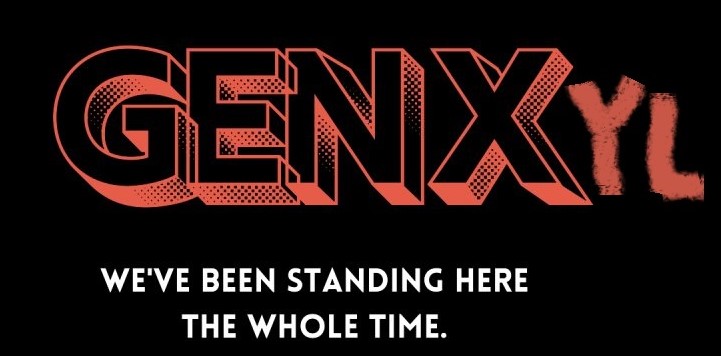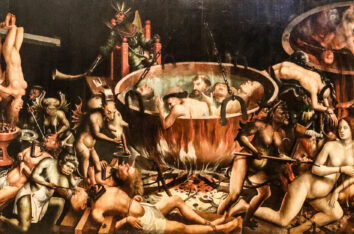Now that I have whetted your appetite by hinting at various applications of the theme of exile, I’d like to take a step back and consider the idea more broadly.
What do I mean by exile?
As I pointed out in my first post in this series, “exile” is used in the Hebrew scriptures literally to refer to the people of Israel during their captivity in Babylon, as well as figuratively in the New Testament to describe believers awaiting a heavenly city “whose designer and builder is God” (Heb. 11:10).
I’d like to take a different approach. The working definition I would like to suggest is something like, “a self-exclusion from Empire.” I realize this will take some unpacking, so please bear with me.
Let’s try a thought experiment….
Imagine living in, say, the year 50 C.E. You’ve heard stories about Jesus, but the window to hear from Jesus himself has closed since he was crucified a couple decades prior and, furthermore, none of the writings that would eventually become the New Testament have been written yet (not to mention the trove of books that didn’t make the cut).
What to do?
Historically speaking, the “Jesus path” was beginning to exhibit a significant fork in the road, and this division only became more and more pronounced as time went on. At this point we can call the right side of the fork the institutional path, and the left side of the fork the individual path.
Still with me?
Over the course of the next few centuries, what I am calling the “institutional path” would develop into a highly organized and painstakingly well-defined entity. There would eventually be a hierarchical leadership structure as well as a concrete list of teachings, gospels, and letters that were considered non-negotiable and authoritative.
As for the left-hand path, well, its label of “individual” should suggest that it did not develop into a tidy and buttoned-up organization like the institutional path did. Indeed, very little can be known about specific expressions of faith and spirituality from those who took this route since, as I have said, its aim was never to be institutional, official, or particularly organized. Plus, most of the stuff that was written by the people on the left path was burned by the people on the right because it was considered heterodox and dangerous. So there’s that.
So given this overarching rubric of Exile and Empire, what familiar terms belong where? Where does church belong? What about kingdom? Into which category should we place ideas like dogma, heresy, canon, and essentials/non-essentials?
And what about grace, weakness, and the folly of the cross? Where do they fit?
And does it matter which lexicon we draw from?



